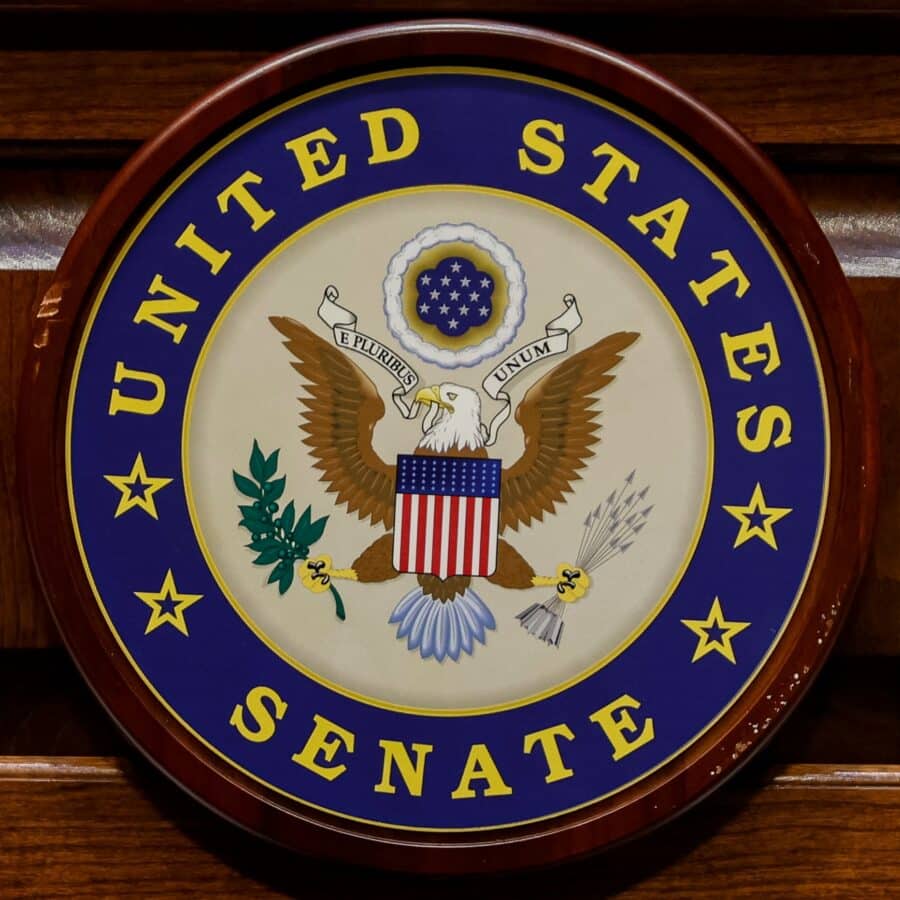As the number of potentially lethal Takata Corp. airbags continues to rise, U.S. senators held a congressional hearing earlier this week to address the status of the largest automotive recall in history. According to the findings of the hearing, around 21 million defective Takata airbags have been repaired or replaced. But that accounts for less than half of the 50 million recalled airbags, affecting approximately 37 million vehicles. And this does not take in to account the millions of airbags that are still expected to be added to the massive recall.
Elected lawmakers on the Subcommittee for Consumer Protection, Product Safety, Insurance, and Data Security questioned the rate of repairs and the actions of both regulators and the 19 automakers affected by the recall. Earlier this year, Ford Motor Co. announced a second death in its vehicles from a ruptured Takata airbag, which occurred over the summer of 2017 in West Virginia. That was one of three deaths in the U.S. and another in Australia in Summer 2017 alone. So far this year, there have been two more deaths in Malaysia. The total number of fatalities connected to Takata airbags to 23 worldwide, including 15 deaths in the U.S. In addition, there have been more than 200 reported injuries connected to the rupturing airbags.
More than a year ago, Takata agreed to plead guilty to criminal charges for concealing the extent of its faulty airbags and pay $1 billion to be distributed to affected individuals, the U.S. government, and the automakers. Six months later, the Japanese seatbelt and airbag maker filed for bankruptcy and is in the process of selling its business to Key Safety Systems, owned by Ningbo Joyson Electric Corp, located in China.
In 2015, the National Highway Traffic Safety Administration (NHTSA) established a Coordinated Remedy Program that prioritized recalls and replacements based primarily on geographic location and vehicle age. NHTSA said the program would allow the automakers to keep up with replacements while ensuring the recalls were eventually carried out to completion. Senator Bill Nelson, on the ranking minority leader of the Subcommittee, does not believe the NHTSA is doing a satisfactory job.
“NHTSA still seems to be playing a game of regulatory whack-a-mole and twiddling its thumbs when it comes to actually enforcing the coordinated recall approach and benchmarks for automakers,” said Nelson. “Overall, these completion rates are disappointing—unacceptable—and remain a cause of great concern.”
Of the 19 affected automakers, Honda Motor Co. was Takata’s largest client. Honda claims to have replaced or repaired around 14 million of the 18.5 million recalled airbags.


